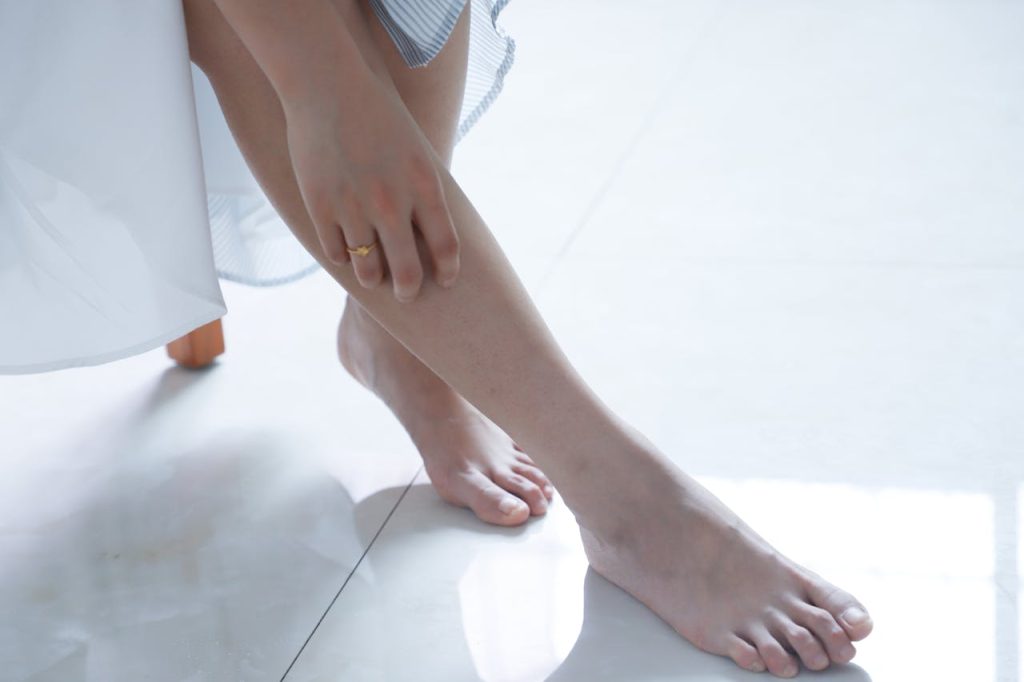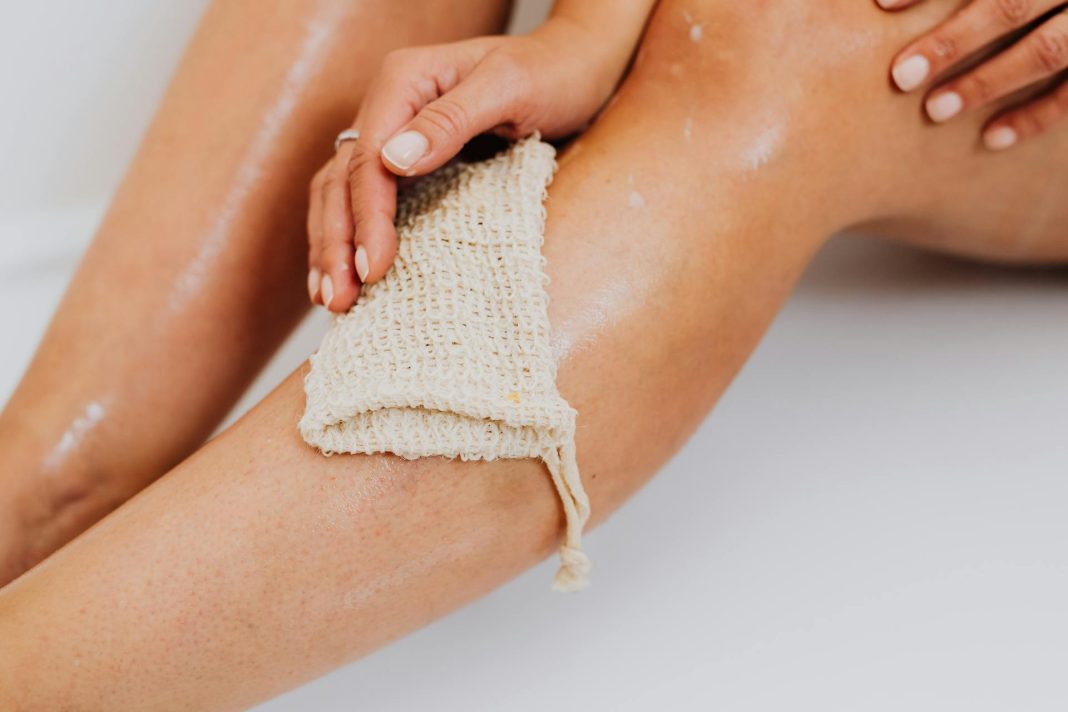Drink Adequate Water
It is recommended for good health that women drink about 1500ml of water per day, while men should aim for 1700ml or more. In hot weather, after exercise, or during dry autumn and winter seasons, it’s advisable to increase water intake appropriately. However, while hydration is essential for overall health, drinking excessive amounts of water won’t directly hydrate your skin. Drinking too much water can strain the kidneys and may even lead to water intoxication.
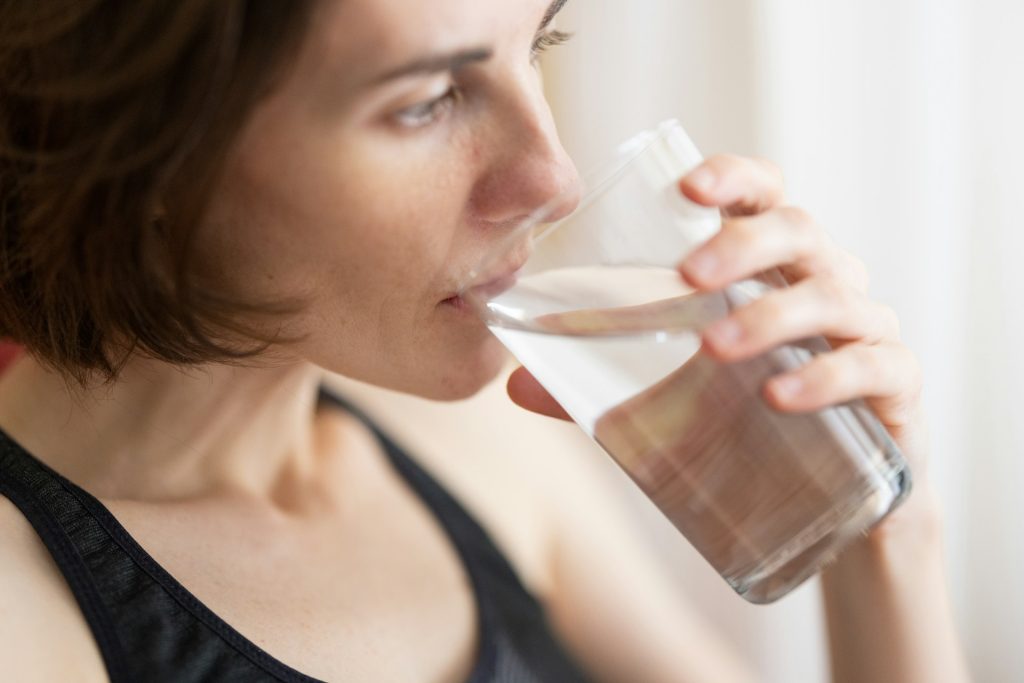
Cleanse Skin Moderately and Gently
The outermost layer of the skin is the stratum corneum, which primarily acts as a barrier to protect the underlying tissues and reduce moisture loss from the skin. Frequent use of exfoliants or harsh alkaline cleansers can damage the stratum corneum, disrupt the skin barrier, and lead to skin sensitivity and redness. Excessive bathing frequency and using hot water for cleansing can also strip away the skin’s surface oil film, exacerbating dryness and itching.
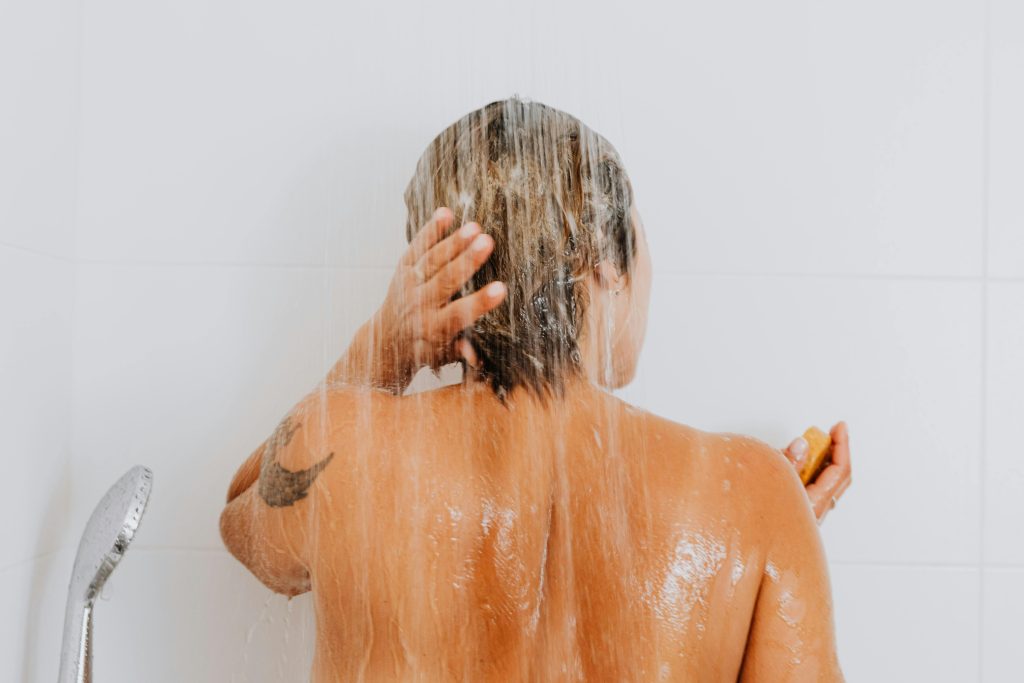
Choose Moisturizing Products Wisely
Pay attention to effective moisturizing ingredients such as hyaluronic acid, vitamin E, glycerin, urea, niacinamide, and plant oils. Additionally, the texture of moisturizing products should match your skin type; for example, dry skin types may benefit from richer formulations, while oily skin types may prefer lighter, non-greasy products. Transitioning to autumn and winter skincare products should also consider individual needs for better hydration and oil replenishment.
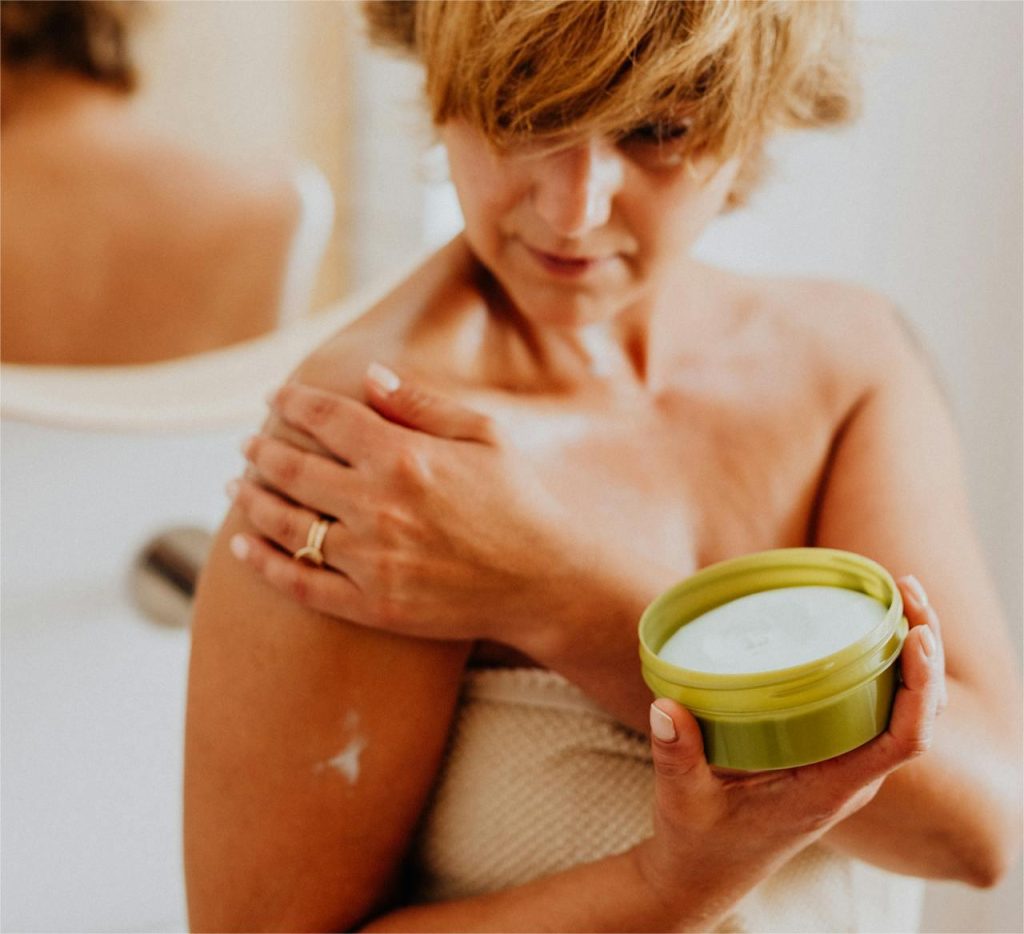
Address Skin Issues Promptly
For exacerbation or recurrence of pre-existing skin conditions, allergies, itching, or other symptoms caused by skin dryness, seek treatment at a reputable medical institution as soon as possible to prevent worsening. Later on, under the guidance of a doctor, select mild skincare and moisturizing products to maintain treatment effectively.
